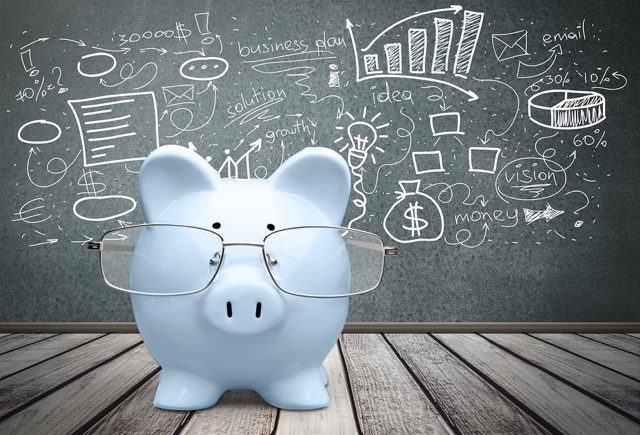If you’re in debt, you may be able to break free just by making some smart moves with your budget. Slashing expenses that you don’t need, finding ways to lower fixed expenses such as auto insurance and utilities bills will free up more room in your budget.
And so will the plain, old task of taking a close look at your monthly income and expenses. It will take a little bit of time to get organized, but it will be well worth the effort. It’s hard to see where the money you make is going when you don’t have a clear budget. Not having a clear and airtight budget makes it even tougher to rein in and pay down the debt you’ve acquired.
How much are you spending on food each month? How often do you fill up the gas tank? How much are your utility and cable bills? Just tracking your expenses for a month will help you to slow down spending and free up more money for debt payments.
Revamping Your Budget
Start with your fixed expenses. Tally up your fixed expenses such as rent or mortgage payments, utility bills, cable bills and cell phone bills. Add in any other monthly bills as well. Are you paying a little extra for auto insurance coverage each month rather than each quarter? Include this in your fixed expenses for now but know you can save money if pay this bill every six months or even yearly.

Short of moving or getting a roommate, there is little you can do to lower your monthly mortgage or rent payment, but those utility bills and cable bills and phone bills should be scrutinized. Keeping the temperature in a home just a few degrees cooler in the winter and warmer in the summer can help with utility costs. So can turning off lights whenever you leave, and doing without air conditioning on low-humidity summer days. Letting the fresh air into your home or apartment can do wonders for your budget.
Cable bills can be expensive. Weigh the pros and cons of keeping your current cable package. Can you get by with a less expensive option? Could you get by without this option altogether for a few months to free up more money to pay for your debts?
Cell phone bills are another big monthly expense. Do you have the best plan for your calling, texting and data needs? If you talk on the phone infrequently, opting for a less expensive voice plan than unlimited may make sense. Take a look at your text and data usage too. Could you get by without unlimited data? Ask your mobile phone provider just how much data you used last month. If you are nowhere near the lower data limits on cheaper plans, why not switch?
Making changes to your fixed expenses, the bills you pay each month, is a fast way to have a little more green in your pocket for that debt you are keen on paying off.
Reining in Variable Expenses
Variable expenses may change from month to month, or they may be a big expense such as homeowner’s insurance that you pay once or twice year. Making sure you get all the deductions you qualify for with your homeowner’s insurance is one way to lower what can be a very expensive bill. A quick call to your insurer may save you money, so don’t hesitate to reach out. Be honest with your agent. There may be ways to lower your bill that you didn’t realize.
This strategy works with car insurance too. Your insurance company wants to keep you as a customer so they may help to lower your costs with just a quick phone call. Shopping around for a better deal from another insurance company may save you money too. Loyalty and having a good relationship is certainly nice if an accident should happen and you need to file a claim, but when the priority is paying down debt, you may want to double-check that you’re getting the absolute best deal.
Food and gas are common variable expenses that may shift from month to month. A few dinners out can make food costs soar, while a few more nights in can have the opposite effect on your wallet, so take a close look at your food spending and make adjustments accordingly. If your food costs are burdened by meals eating out with friends, plan lunch or happy hour dates instead. Even better, invite friends over to your home instead, and savor a night in for a change.
Gas is another variable expense. If you travel the same route to and from work and do little additional driving, your variable gas expenses may not be all that different month to month. If you look back at a couple of months worth of spending and see big swings in what you’re paying to fill up your gas tank and it’s just more than you want to be paying, it may be time to re-assess your driving habits. Running errands all in one day can save on gas, as can carpooling with friends. Walking more and leaving your car behind to stroll a couple blocks works well too.
Apply the Cash You Save to Debt
Once you recognize and act on the spots in your budget that are costing you more than you’d like, you can apply the savings to your debt. Continue this habit and you have a strategy and the cash for paying down your debt.
But there is a big caveat; all that fun and impulsiveness is curbed back for awhile until your debt is paid in full, and you can build up some savings too. It’s more fun to spend money on an impulse when you have plenty of green in your account to handle it.
Plus, no regrets.
Leave a Reply